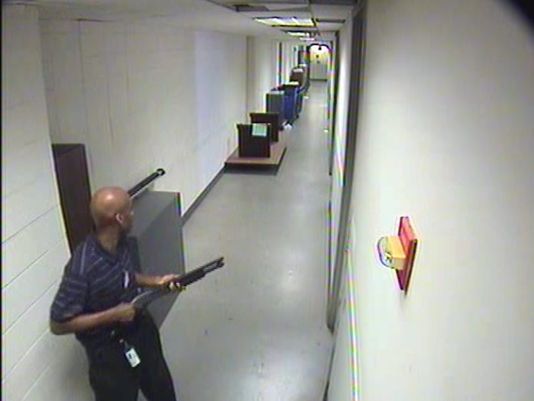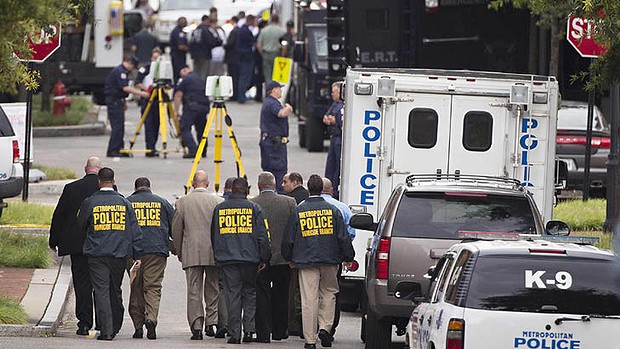
One of the most important pieces of information that we have learned about Aaron Alexis — one that is being largely overlooked — is that he tried repeatedly to get help before he murdered twelve people at the Washington Navy Yard.
This was not an instance of someone “snapping” without warning, as I heard one TV pundit claim a few hours after the shootings.
An investigation by The Washington Post reveals that Alexis’s erratic and violent behavior was “ignored, overlooked or dismissed for nine years by the police, the military, the Department of Veterans Affairs and his own employer.” There were plenty of times when someone should have helped Alexis.
No one did.
During my travels, I have noticed that many individuals sought help on their own or were willing to accept help if a family member or friend encouraged them to seek it during their so-called “first break” from reality.
Either our system didn’t respond or they were so traumatized by what happened that they never wanted to go back. While this is not always the case, it happens more often than we wish to admit.

 I was in Dallas giving a speech when news broke that
I was in Dallas giving a speech when news broke that 



